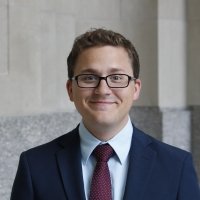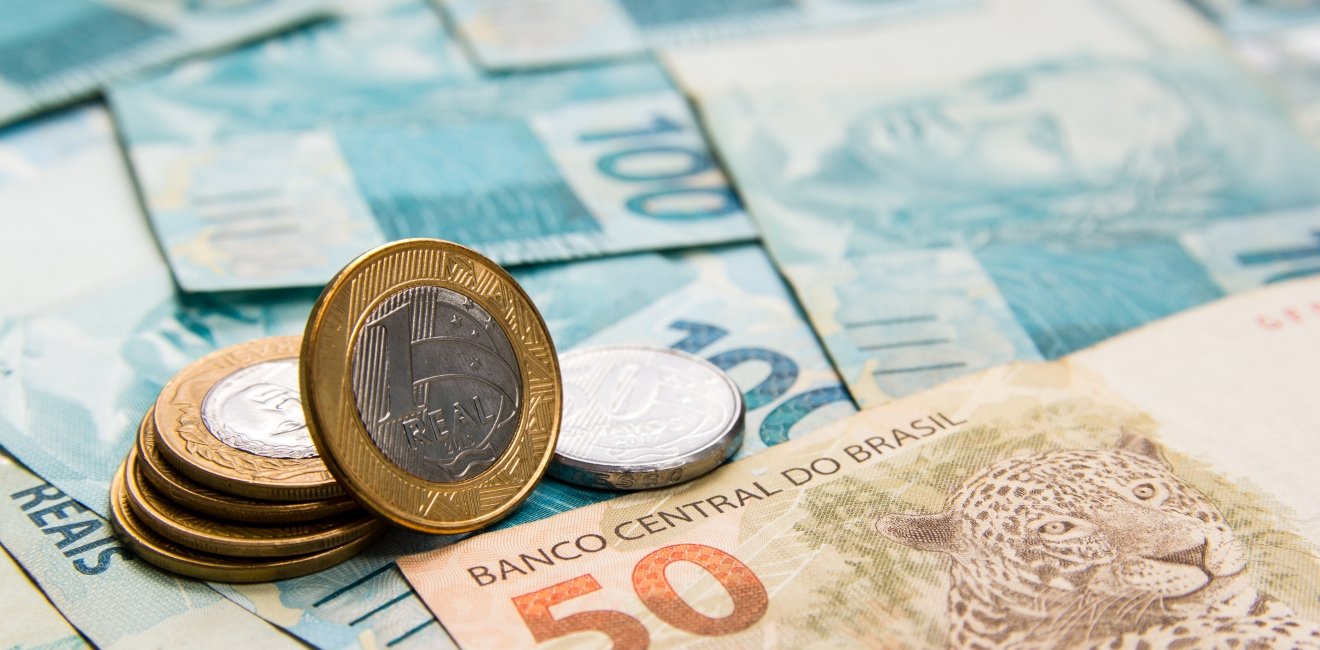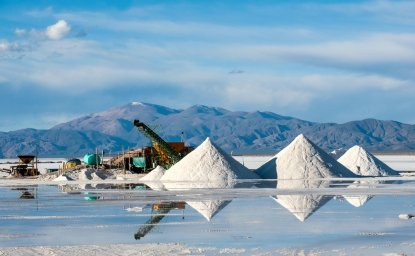As a young democracy, Brazil has confronted economic and financial upheavals in the past. The country’s recent economic crisis (2014—2017) saw a drastic fall in GDP, stark rise in unemployment, a severe fiscal crisis, and an increased budget deficit. Since then, the economy has been a prominent issue in political conversations, especially regarding globalization and the ways in which trade liberalization can affect economic growth. Candidates differ slightly in this debate, and comparing the proposals and backgrounds of their economic advisors is as important as comparing the candidates themselves.
Despite being the eighth largest economy in the world and the largest in Latin America, Brazil is still relatively closed compared to other large economies. Brazil is an outlier in that its trade penetration is extremely low, with trade at 24.1 percent of GDP in 2017. The number of exporters relative to the population is also very small: its absolute number of exporters is roughly the same as that of Norway, a country with approximately 5 million people compared to Brazil’s 200 million. While further integrating into the global economy could threaten uncompetitive companies and their workers, competitive businesses would most likely benefit. Brazil’s insertion would also allow the country to better leverage its competitive advantages, such as in natural resource-based industries. This complex and uncertain election period demands greater attention from businesses, investors, and trade partners, who may gain from a more open Brazil.
With the exception of business owners and investors, most Brazilians will likely look for candidates who prioritize job creation and income generation. According to the most recent Brazilian Economic Outlook from the Institute of Applied Economic Research (IPEA), the economy has sustained growth (albeit slow) since the end of 2017, industrial production has increased, and unemployment rates are declining. Nevertheless, 13.4 million people remain jobless, particularly women, youth, and people of color; and growth rates are disappointing. A recent poll by Datafolha shows that Brazilians’ perceptions of the economy are pessimistic: 72 percent of those surveyed felt the economic scenario had worsened in the last months. Similar to the reaction to corruption, this extremely negative perception of the socioeconomic environment can potentially further distance voters from the traditional government and their allies, turning voters toward “unconventional” candidates instead, who could represent a change in the status quo.
Click here to return to Understanding the Issues.
Authors

Department of Government, Georgetown University


Brazil Institute
The Brazil Institute—the only country-specific policy institution focused on Brazil in Washington—aims to deepen understanding of Brazil’s complex landscape and strengthen relations between Brazilian and US institutions across all sectors. Read more

Explore More
Browse Insights & Analysis
Promoting Convergence in US-Brazil Relations




